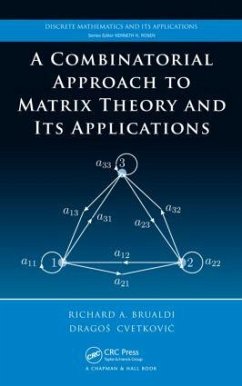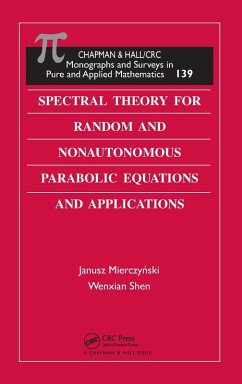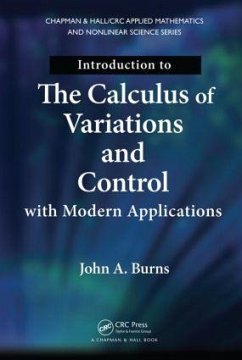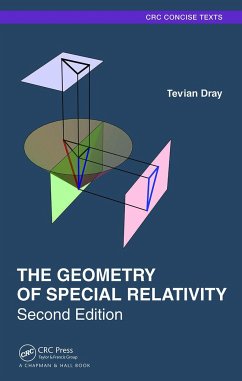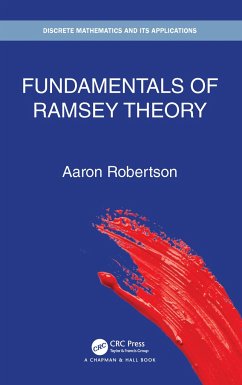Nicht lieferbar
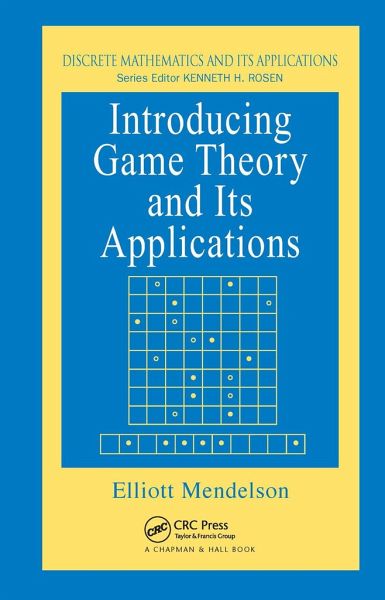
Introducing Game Theory and Its Applications
Versandkostenfrei!
Nicht lieferbar
Weitere Ausgaben:
This text presents an easy-to-read introduction to the basic ideas and techniques of game theory. It begins by discussing combinatorial games-a topic often neglected in other texts-and then moves to two-person zero-sum games. The final chapter explores the concepts and tools of non-zero-sum games and games with more than two players. Suitable as a textbook, for self-study, and as a reference, this introduction prepares readers for more advanced study of game theory's applications in economics, business, and the physical, biological, and social sciences.







